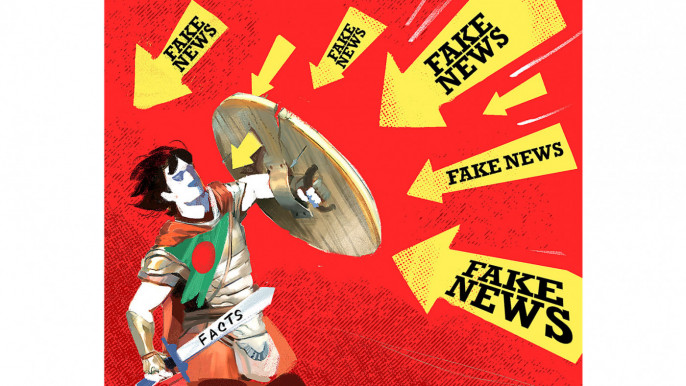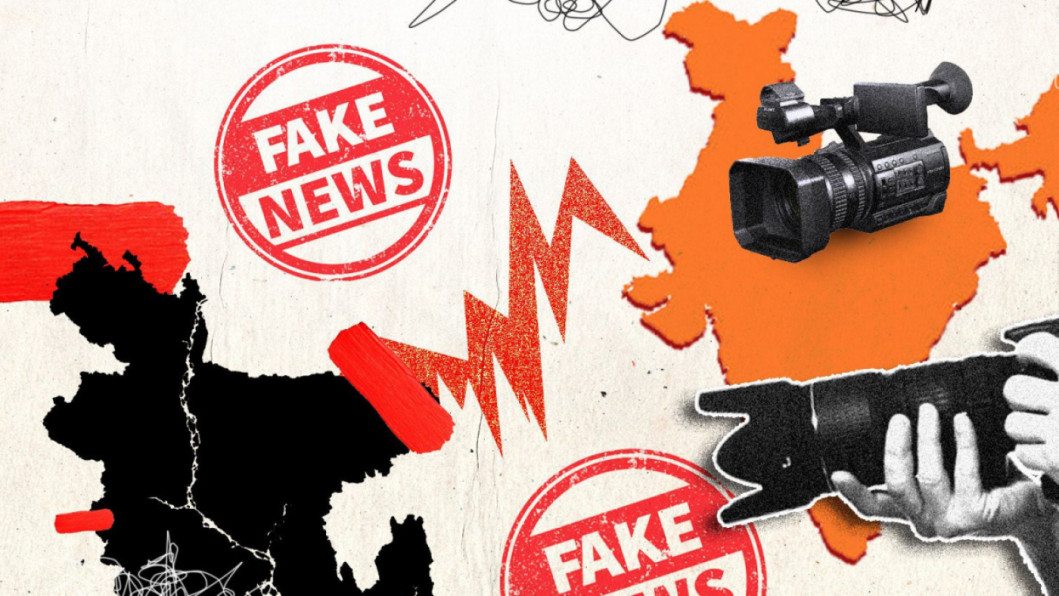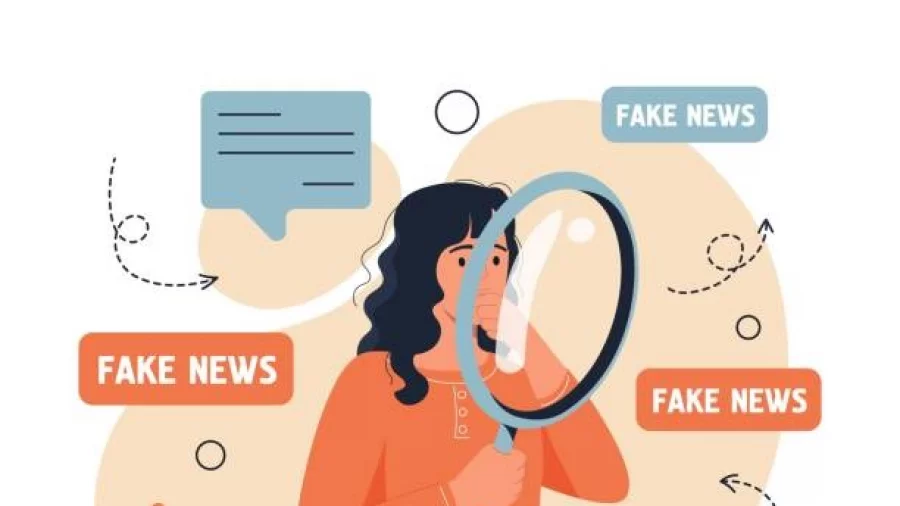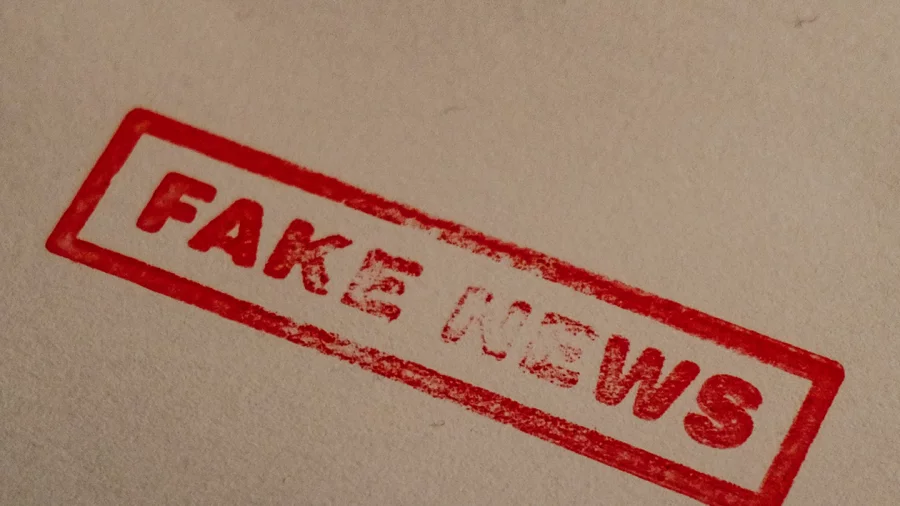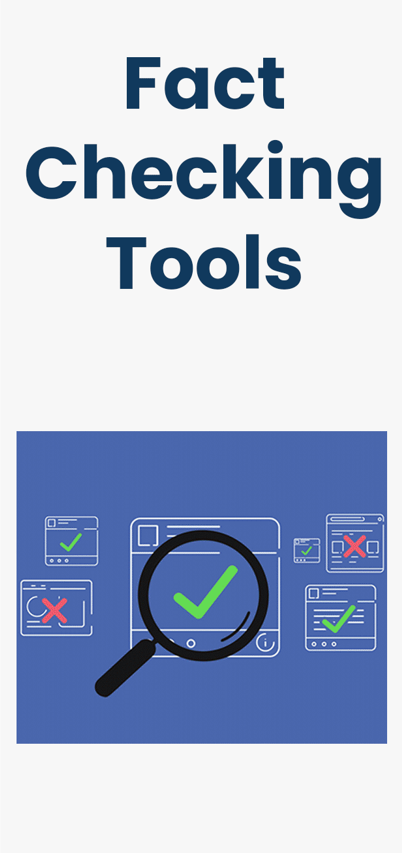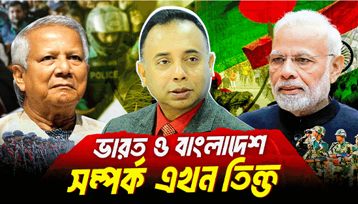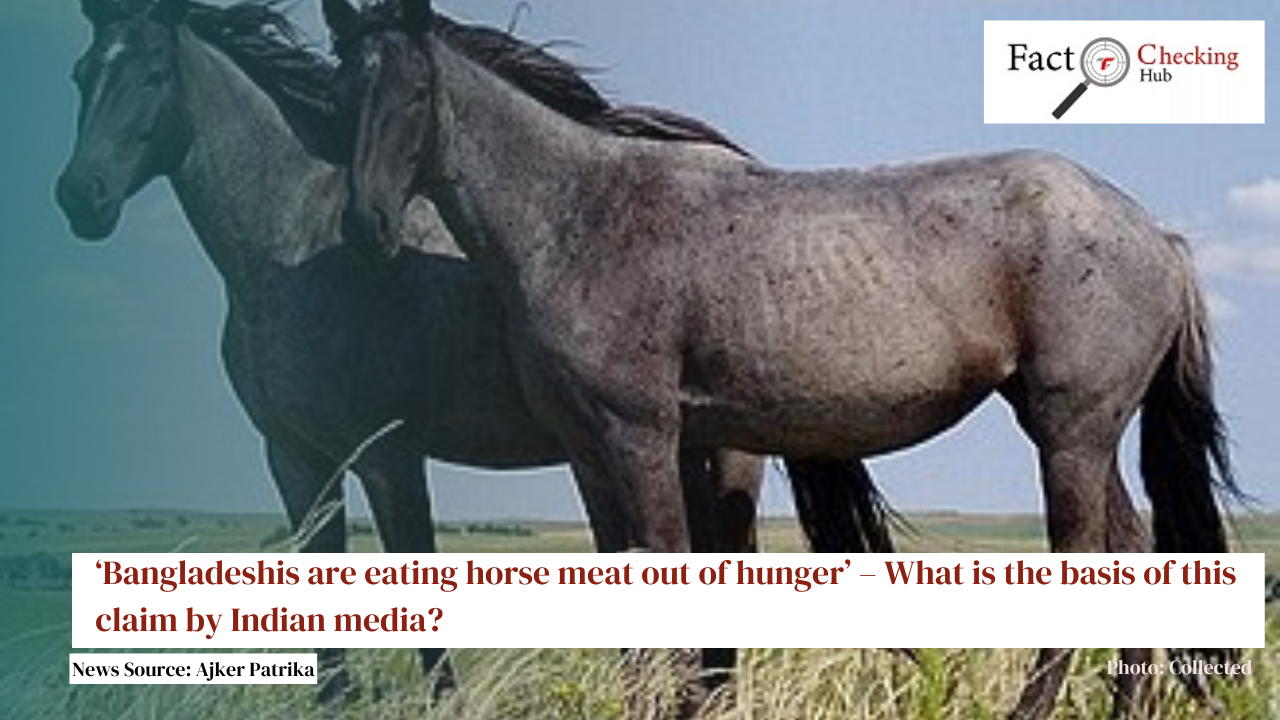
The issue of horse meat sales in the country has recently gained attention. Reports have surfaced on social media and various news outlets about horse meat being sold in Hyderabad, Gazipur, at prices ranging from 250 to 350 taka per kilogram.
Amid these discussions, an Indian media outlet, Aaj Tak Bangla, published a report on its YouTube channel on Monday, March 17, claiming that cattle imports from India to Bangladesh had been halted, causing beef prices to rise, and as a result, people in Bangladesh had started consuming horse meat out of necessity. The report was titled, “India is not sending cattle, Bangladeshis eating horse meat on the streets out of hunger.” As of 3 PM on Tuesday, July 18, the report had been viewed 100,000 times and had received 1,100 reactions.
Fact-checking by Ajker Patrika investigated whether cattle imports from India to Bangladesh had indeed declined recently, leading to increased beef prices, and whether people had turned to horse meat due to hunger.
A relevant keyword search regarding the halt of cattle imports from India to Bangladesh led to a report published by Deutsche Welle on July 8, 2022. The report indicated that after Narendra Modi took office in 2014, India ceased cattle exports to Bangladesh. Further searches on Google for any official import of cattle from India yielded no news reports confirming such transactions. However, during past Eid-ul-Adha seasons, reports have surfaced about cattle being smuggled into Bangladesh from India through border areas.
An investigation into the recent rise in beef prices revealed a report published by Prothom Alo on February 17, stating that, in preparation for Ramadan, the Ministry of Fisheries and Livestock decided to sell fish, meat, milk, and eggs at affordable prices across various locations in the country from the 1st to the 28th of Ramadan. Under this initiative, beef was set to be sold at 650 taka per kilogram.
According to a report published by Ajker Patrika on March 9, beef prices in markets across the country, including the capital, had risen since the beginning of Ramadan. Despite the price hike, consumer interest in purchasing beef increased, leading to higher demand at butcher shops.
Further findings from the report indicated that before Ramadan, beef was sold at 700–750 taka per kilogram. However, in most markets, the current price has increased to 750–800 taka per kilogram. A search for the price of beef in March 2024 led to a report published by BanglaNews24 on March 11, which stated that at that time, beef was sold at 750 taka per kilogram.
A comparison of beef prices between 2024 and 2025 shows a 50-taka difference per kilogram. However, in some markets, no significant price difference has been observed. The fact-checking team at Ajker Patrika also examined historical beef price trends. A report published by BBC Bangla on March 15, 2024, documented that a correspondent visited various markets in Dhaka and found beef being sold at 750 taka per kilogram in most places. The report further mentioned that in January, before the 12th national parliamentary elections, the price of beef was capped at 650 taka per kilogram. However, after the election, beef prices in Dhaka ranged from 595 to 800 taka per kilogram. The report cited factors such as meat quality, procurement and resale by traders, and price manipulation by syndicates as reasons for price fluctuations.
A BBC Bangla report from March 29, 2023, referenced data from the Consumers Association of Bangladesh (CAB), which documented past beef prices. In 2021, the average price per kilogram was 598 taka, in 2022, it was 688 taka, and in 2023, it reached 750 taka. A report published by BDNews24 on November 24, 2023, cited a study by the private research institute CPD, which highlighted that after the BJP government, led by Narendra Modi, came to power in 2014, India's decision to stop sending cattle to Bangladesh raised concerns about meeting domestic demand, particularly during Eid-ul-Adha. However, following this decision, cattle farming expanded around Dhaka and across Bangladesh, gradually meeting year-round demand.
The report further noted that in 2014, beef was sold at an average price of 275 taka per kilogram. By 2018, the price had risen to 430 taka, reaching 550 taka by March 2020, 700 taka in 2022, and nearly 800 taka in 2023. Another investigation into Bangladesh’s current beef market led to a report published by Desh Rupantor on April 28, 2024. This report quoted the then-Minister of Fisheries and Livestock, stating that there would be no cattle shortage for the 2024 Eid-ul-Adha, as the domestic supply exceeded demand.
Government statistics for previous years, including 2023, 2022, 2021, and 2019, indicate that Bangladesh has been self-sufficient in cattle and goats. This claim holds some validity, as reports from several years show that many cattle remain unsold at sacrificial animal markets during Eid. According to the Livestock Department's latest figures, the annual demand for meat in Bangladesh is 7.6 million tons, while domestic farms produce 9.2 million tons.
Despite this, beef prices remain high due to increased production costs. Farmers attribute the high prices to the rising costs of cattle feed and maintenance. Importers argue that if beef were imported, it could be sold at 500 taka per kilogram, but the Livestock Department is not interested in allowing meat imports. Farmers also oppose this idea.
Thus, Bangladesh has been self-sufficient in cattle for several years. Therefore, the claim that people have turned to consuming horse meat due to the halt in Indian cattle imports is not accurate.
However, it is true that domestic factors have contributed to the rise in beef prices. At the same time, purchasing power has also increased, as evidenced by the crowds at butcher shops. The consumption of horse meat has never been a common practice in Bangladesh. The issue gained attention recently when a single shop in Gazipur started selling horse meat every Friday for three to four consecutive weeks. People from various regions visited the shop out of curiosity. Investigations revealed that the vendor initially distributed horse meat for free and later started charging for it. Some people bought the meat as a novelty, and it was observed that most customers came from distant areas rather than the local community.
Nurullah Mamun, the entrepreneur behind the sale of horse meat in Hyderabad, Gazipur, told the media that demand had increased over time. Initially, he sold meat from weaker horses at 250 taka per kilogram but later raised the price for better-quality horse meat. The issue sparked religious debates, leading local authorities to shut down horse meat sales. There were also legal concerns regarding his business license. Ajker Patrika’s Gazipur correspondent reported that the seller had obtained a general meat-selling license from the city corporation but had been selling horse meat illegally.
Original News Source: https://www.ajkerpatrika.com/fact-check/slip-of-tongue/ajpxa5crsdqov

